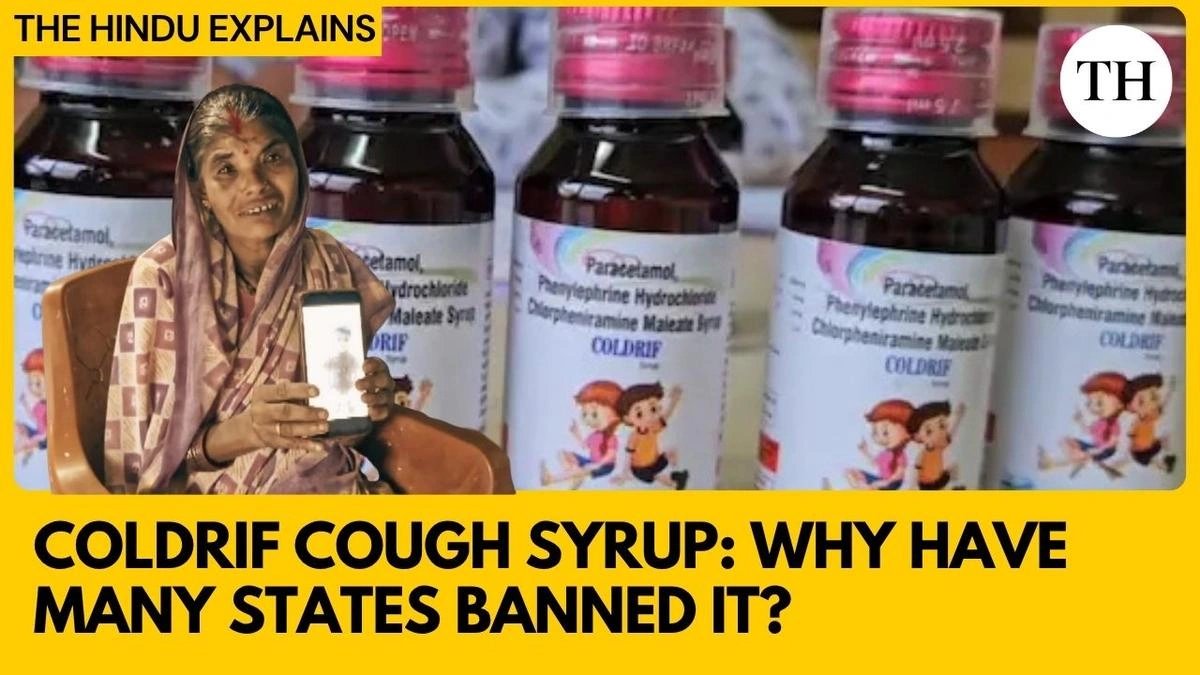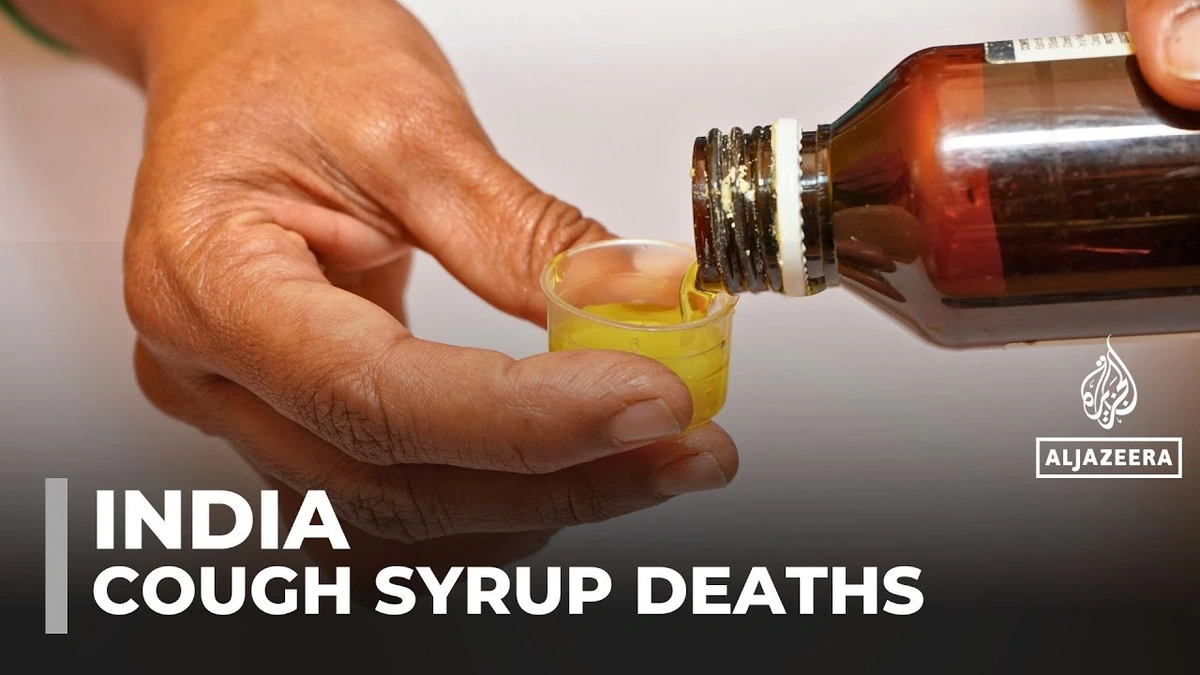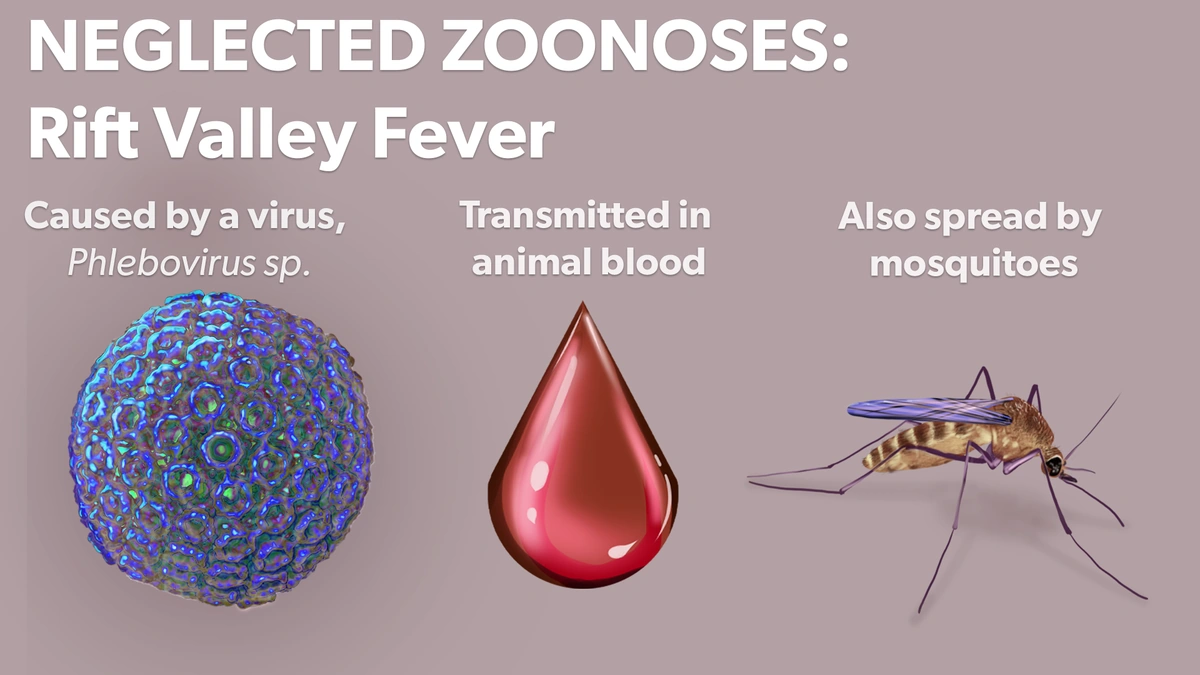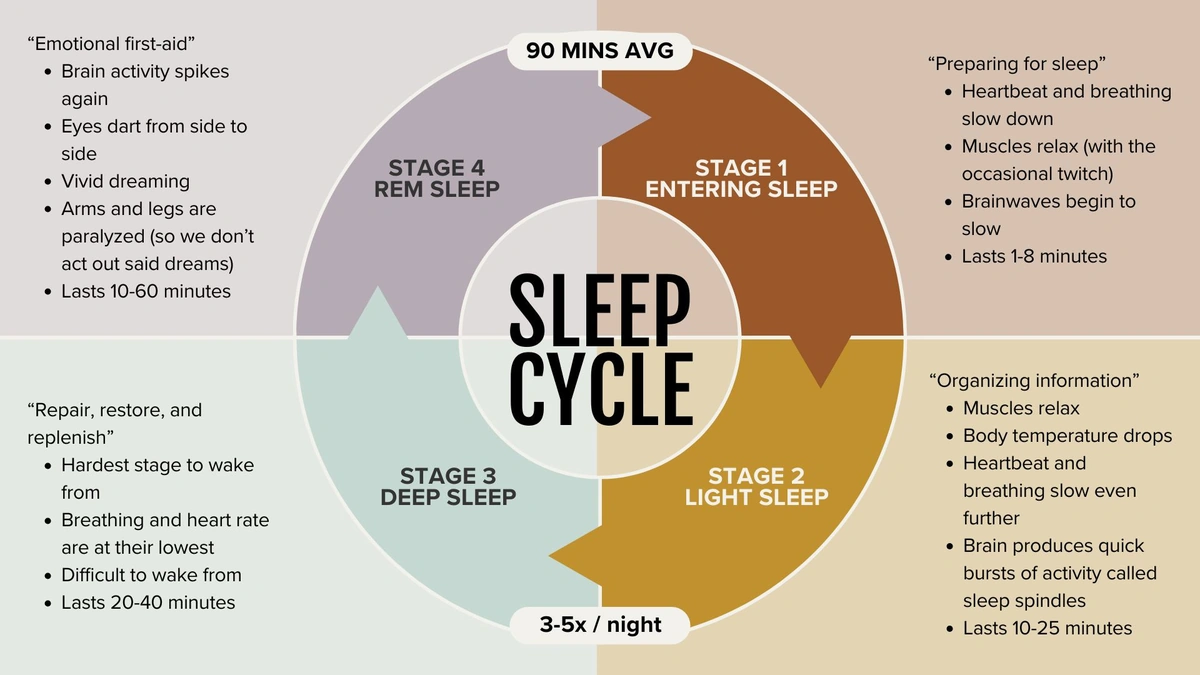Gujarat Companies Investigated for Cough Syrup with DEG; FDA Warns
Okay, folks, let’s be real. When you hear about cough syrup investigations, especially involving something like DEG (diethylene glycol), your ears should perk up. But not just with concern; with curiosity. What exactly is going on here? Why are these Gujarat companies under the microscope? And more importantly, how does this impact you and your family? That’s what we’re diving into today.
The Dangerous Culprit | Understanding DEG Contamination

Diethylene glycol, or DEG, is the villain in this story. It’s a chemical typically used in antifreeze and industrial solvents – definitely not something you want anywhere near your medications , least of all something you’re giving to your kids. The problem arises when DEG is mistakenly (or, horrifyingly, intentionally) substituted for safer solvents like propylene glycol, which is used in some medicines. But, the price difference between safe solvents and DEG can be significant. And that’s where the temptation to cut corners can lead to disaster.
DEG contamination in cough syrups can lead to serious health problems, including kidney failure, neurological issues, and even death. Remember those reports a while back about contaminated medicines causing fatalities in other countries? That’s the kind of tragedy health agencies are desperately trying to prevent. What fascinates me is how such a critical error can even happen in the first place – and what systems should be in place to prevent it.
Why Gujarat? India’s Pharma Hub Under Scrutiny
Gujarat is often called the “pharmacy of India,” a major hub for pharmaceutical manufacturing and exports. This means a large volume of medicines, including cough syrups , are produced there. While this brings economic benefits, it also places a greater responsibility on regulatory bodies to ensure quality control.
A high concentration of pharmaceutical activity also means any lapse in standards can have a widespread impact. It’s like a single bad apple spoiling the whole bunch. So, when news like this breaks, it’s not just about a few companies; it raises questions about the entire system of checks and balances within the region’s pharmaceutical industry. The FDA warning is not just a slap on the wrist; it’s a signal of deeper systemic concerns.
What Does the FDA Warning Actually Mean?
An FDA warning isn’t something to take lightly. It means the regulatory agency has identified potential violations of its regulations. In this case, it suggests that the cough syrups manufactured by these Gujarat companies may not meet the required safety and quality standards. This could lead to import alerts, product recalls, and other enforcement actions.
But here’s the thing: an FDA warning isn’t a final verdict. It’s a call for investigation and corrective action. The companies involved will likely be required to conduct thorough investigations, implement corrective measures, and demonstrate that their products are safe before they can continue exporting to the United States. It is worth noting that the CDSCO (Central Drugs Standard Control Organisation) in India will also be investigating these matters. According to Wikipedia , CDSCO is the national regulatory body for Indian pharmaceuticals and medical devices.
The Ripple Effect | Impact on Consumers in India
Now, you might be thinking, “This is about exports, so how does it affect me?” Here’s the connection. While the immediate concern is about products being exported, lapses in quality control can indicate broader issues within the manufacturing processes. If companies are cutting corners for export products, what’s to stop them from doing the same for products sold domestically? It’s a question worth asking.
This situation highlights the importance of buying medicines from trusted sources, being aware of drug safety alerts, and consulting with your doctor or pharmacist about any concerns you may have. Don’t self-medicate, especially with over-the-counter cough syrups , without understanding the potential risks. Remember those Coldrif cough syrup alerts we saw previously?
Protecting Yourself | Practical Steps You Can Take
So, what can you do to protect yourself and your family? Here are some practical steps:
- Be Informed: Stay updated on drug recalls and safety alerts issued by regulatory agencies like the FDA and CDSCO.
- Buy from Trusted Sources: Purchase medicines from reputable pharmacies and avoid buying from unverified online sources.
- Check Labels Carefully: Look for any signs of tampering or inconsistencies in the packaging.
- Consult Your Doctor: Talk to your doctor or pharmacist about the best cough syrup brands for your specific needs and any potential risks.
A common mistake I see people make is assuming that all medicines are created equal. They are not. Price shouldn’t be the only factor guiding your choices, and I think that’s where the root of the problem lies, at least for some companies. The pressure to produce cheap drugs should not supercede the pressure to produce safe drugs.
Remember previous incidents involving toxic cough syrup ? We must learn from them and prevent future tragedies.
FAQ Section
What exactly is DEG and why is it dangerous?
DEG (diethylene glycol) is a toxic chemical used in antifreeze and industrial solvents. It’s dangerous because it can cause kidney failure, neurological problems, and even death if ingested, as a result of contaminated liquid medication . It should never be used in medicines.
How can I check if my cough syrup is safe?
Check for recalls or safety alerts from the FDA or CDSCO. Buy from trusted pharmacies, and look for signs of tampering. When in doubt, consult your doctor or pharmacist. Always check the drug manufacturer before purchasing.
What should I do if I suspect a cough syrup is contaminated?
Stop using it immediately and contact your doctor or pharmacist. Report the incident to the FDA or CDSCO with details like batch numbers . Keep the product for testing if requested.
Are there any safe cough syrup alternatives?
Consult your doctor for recommendations tailored to your specific needs. They can suggest safer alternatives or other remedies for your cough, depending on the root cause and potential adverse effects .
What are the potential long-term health effects of ingesting contaminated cough syrup?
Long-term effects can include chronic kidney problems, neurological damage, and other health issues. If you suspect you’ve ingested contaminated syrup, seek medical attention for monitoring and treatment.
So, the investigation into these Gujarat companies is more than just a news story; it’s a reminder of the importance of vigilance, quality control, and informed decision-making when it comes to your health. And, let’s be honest, it shines a light on the need for a more robust, transparent, and accountable pharmaceutical industry in India – for the safety of everyone.













